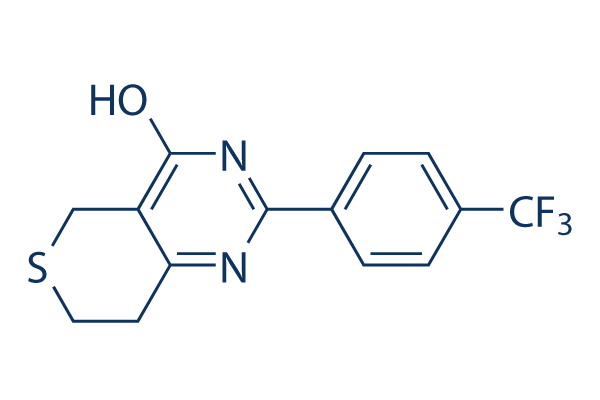The pro inflammatory cytokines predominantly produced by monocytes include things like TNF, IL one, IL 6, CXCL8 together with other members of the chemokine relatives IL twelve, IL 15, IL 18, IL 23 and IL 27. In the course of irritation, leukocytes amplify the response but extreme or prolonged irritation may well result in damage towards the host. In ordinary circumstances, the im mune method has many mechanisms to resolve the in flammatory responses that demand the termination of professional inflammatory signaling pathways and clearance of inflammatory cells, permitting the restoration of ordinary tissue function. Failure of these mechanisms may perhaps result in persistent irritation and condition. Moreover to cytokines that stimulate cytotoxic, cellular, humoral, and allergic irritation, a few cytokines have predomin antly anti inflammatory effects, which include IL 1Ra, TGF B, IL 10 and IL 35.
Recently, a variety of reports have documented that GSK3B activity is vital to regulate the inflammatory response both advertising or read full article inhibiting the method as a result of the expression of pro or anti inflammatory cytokines. Inhibition of irritation by inhibition on the GSK3B exercise Quite a few studies have demonstrated that irritation is regulated by the TLR dependent activation of PI3K Akt signaling pathway. A breakthrough paper by Martin et al. established the PI3K Akt dependent inhibition of GSK3B exercise in human monocytes, stimulated with lipopolysaccharide, differentially affected the nature and magnitude on the inflammatory response by the activation of TLR2.
This in turn resulted during the production on the anti inflammatory cytokine IL 10, whereas production of professional inflammatory cytokines IL 1B, IL 6, TNF, IL 12 and IFN fell substantially. Inhibition of GSK3B negatively modulated the inflammatory response because it vary entially impacted the nuclear exercise inhibitor Cediranib of NF ?B and CREB as a result of the interaction together with the co activator CREB binding protein. Inside a current examine carried out in monocytes stimulated with LPS, it was established the mammalian target of rapamycin complex one regulates the exercise of GSK3B as a result of the activation of S6K, affecting the inflamma tory response by inactivation of GSK3B. Additionally, the inhibition of GSK3B by mTORC1 affected the asso ciation of NF ?B and CBP. GSK3B action negatively regulated the degree of the anti inflammatory cytokine IL 1Ra while concurrently enhanced the amounts of IL1B in LPS stimulated human monocytes.
The PI3K Akt dependent inhibition of GSK3 increased the manufacturing  of IL 1Ra as a consequence of its ability to modulate the activity of extracellular signal regulated kinase 1/2. These effects as well as proven fact that IL 1Ra counteracts the inflammatory properties of IL 1B showed that in LPS stimulated human monocytes the inhibition of GSK3B increases the production of anti inflammatory cytokines and lowers the expression of pro inflammatory cytokines, confirming the model proposed by Martin et al, by which GSK3B in its ac tive kind acts as being a favourable regulator of inflammation.
of IL 1Ra as a consequence of its ability to modulate the activity of extracellular signal regulated kinase 1/2. These effects as well as proven fact that IL 1Ra counteracts the inflammatory properties of IL 1B showed that in LPS stimulated human monocytes the inhibition of GSK3B increases the production of anti inflammatory cytokines and lowers the expression of pro inflammatory cytokines, confirming the model proposed by Martin et al, by which GSK3B in its ac tive kind acts as being a favourable regulator of inflammation.
SiRNA Library
SBI's GeneNet RNAi Libraries are a pooled set of shRNA
